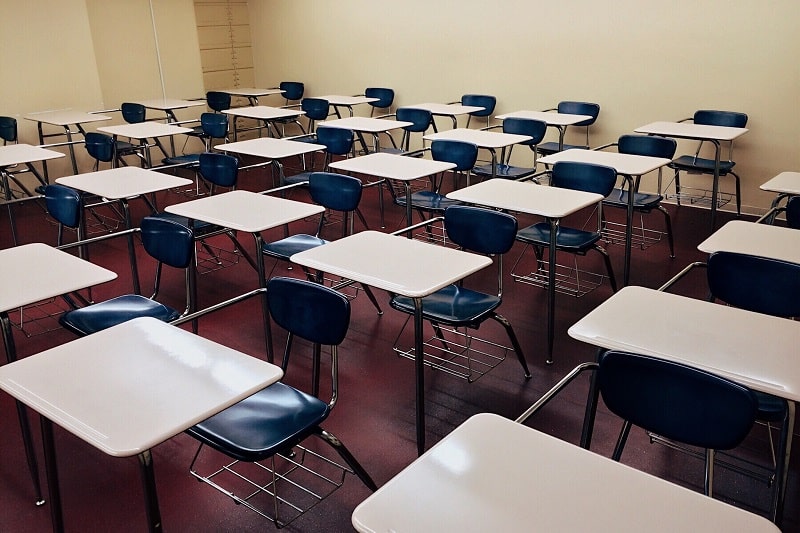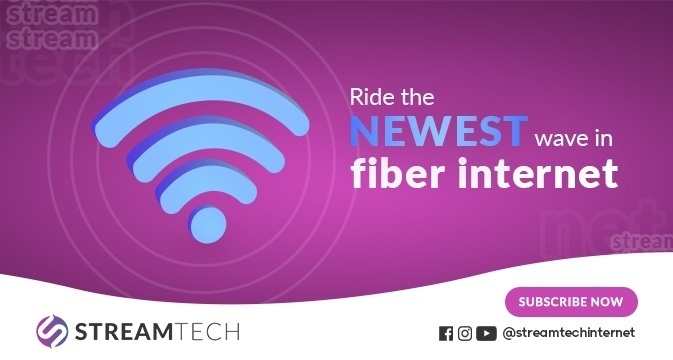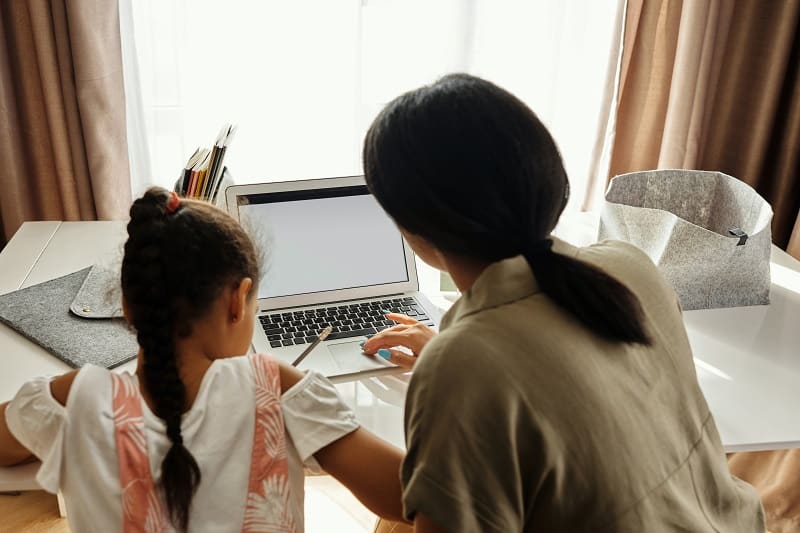Homeschooling, like any other sort of education, is a global enterprise. Many parents worldwide have decided to take control of their children’s education. And every country has its views, beliefs, and laws regarding homeschooling. In the Philippines, homeschooling is legal. Homeschooling can be accomplished in two ways: through the Department of Education’s (DepEd) Home Study Program or independent homeschooling. You just need your household to have ample resources, like a fast and reliable internet connection.
Some may argue that homeschooling cannot give an optimal level of instruction, especially when there is no teacher in front of the child to provide the learning. But here’s the thing with education, it comes in various shapes, sizes, and forms. With this in mind, homeschooling essentially builds on the strengths of other learning techniques. In addition, unlike formal education, homeschooling does not always necessitate the assistance of a teacher. Parents are the significant figures in this arrangement as they are the ones who provide the lessons to the children.

Read these articles we’ve picked for you:
- What are the most useful online learning apps you should have?
- Parents, check these 10 Things Affecting Your Child’s Online Learning
What is Homeschool?
Homeschooling or home-based education is a way of learning in which pupils study their lessons at home or in locations other than in private schools or public schools. Self-sufficient students may usually learn the classes on their own. In the case of children, however, it is usually their parents and tutors who control their education. Some online teachers use cameras and online programs to watch and connect with children. There are times when students merely need to attend classes to take key exams. The lessons are based on the curriculum of homeschool providers in the Philippines. Homeschooling, in general, is an alternative to the traditional classroom-based education system.
Types of Homeschooling
Learning can be offered to kids in a homeschooling environment in various ways. Each approach has its advantages and disadvantages, and understanding how they function is crucial to improving children’s learning. Here are some types of Homeschooling.
Classical
This is one of the learning strategies that predates even the Middle Ages and has produced some of the finest minds in human history. This method’s ultimate purpose is to empower pupils to learn on their own through research, recording, relating, reasoning, and rhetoric. This technique to learning gives a clear-cut and unified approach to all disciplines.
Even today, this is the most popular way because it simply borrows a tried-and-true procedure. It puts a lot of emphasis on reading and analysis, which the entire learning process revolves around. Thus, it is less emphasis on real-world applications and more on theoretical understanding of the topics at hand.
Advantages of this approach
This approach has a solid classical foundation and is claimed to develop highly educated, logical thinkers. Similarly, this type of approach could be ideal for children that enjoy studying languages.
Disadvantages of this approach
The Grammar Stage’s concentration on memorizing may be too strict. It is a bit poor in science due to its concentration on languages and history. Introduction to facts, concepts, and subject matter at odd times and ages when they aren’t nearly ready for them.
School-at-home
This approach is the most expensive and most accurate picture of homeschooling. It’s clear from the name that it’s similar to how education is offered in a school, but solely at home. Parents will receive a learning kit containing study schedules, textbooks, grades, and record-keeping materials. Parents educate their kids to follow the same learning structure as traditional education. The teaching methods also provide a rigid learning timetable that pupils must follow.
Advantages of this approach
It’s closely similar to a school curriculum, and parents don’t need to figure out other means of teaching their children. Of course, it’s a good option for parents who are just new to homeschooling their children.
Disadvantages of this approach
This approach can quickly burn out a student because of its strict schedule and study requirements.
Unschooling
This is a technique of learning based on the student’s interests, in which the learner learns through everyday activities and experiences. It doesn’t follow a set curriculum or schedule. Instead, it encourages them to pursue their passions, undertake reading and research, and learn.
Advantages of this approach
This type of learning allows students to devote more time to their hobbies and interests, becoming experts in that discipline.
Disadvantages of this approach
They don’t usually do well on paper-based exams like quizzes. Likewise, it may be difficult for them to transition to traditional schooling due to the loose nature of this method.
Homeschool providers in the Philippines
There are many homeschool providers in the Philippines that are accredited by the DepEd. Here are some homeschool providers if you want to begin homeschooling.
Homeschool Global
Homeschool Global (HG) is a collaboration between two homeschooling companies, VCIS Home Study and TMA Homeschool. HG suggests a variety of study courses, curricula, and books to consider.
Casa Del Libro
Casa Del Libro is a famous home education provider that is accredited by the DepEd. It has a reputation for being one of the country’s top-performing online schools.
Homeschooled Children
Homeschooled kids are those with parents who indicate they study at home rather than in a private or public school. Homeschooling children are from ages 5 to 17, with grade-level ranging from kindergarten to grade 12. Likewise, homeschool graduates have better college success rates. In fact, some universities like Ivy League Universities are actively courting homeschool students. Being homeschooled helps a student stand out during the application process.
Benefits of Homeschooling
- A lexible and personalized education;
- Specialized homeschool program ;
- More time spent with their homeschooling parents;
- More field trips than in other school districts;
- Learning at their own pace;
- Tend to have high self-esteem;
- Social skills;
- No exposure to peer pressure or social pressures.
Other children’s education
There are also two types of the school system in which many families invest in their children’s education. Private and public schools are these facilities. These established systems encouraged parents to enroll compared to homeschooling. Since they provide learning not just in high school but also in higher education degrees and college, the majority of the children are here. The two differ in the quality of the facilities. Private education has complete facilities. In public schools, sometimes, there is a lack of facilities. Both private and public school kids have community involvement since they get to have social interaction with other children.

Private school
It is a place that is not financially subsidized by the government. Thus, parents must pay for their children to attend.
Public Schools
Public schools are under the subsidy of the government. Thus, education is free for the community or district.
Have the Right Resources for Homeschooling

Having a PC and a fast and stable internet is a necessity when it comes to homeschooling. If you want to have a smooth learning experience, connect with Streamtech Fiber Internet. It is a trustworthy internet provider in the country. So, it will be less likely for you to experience connection issues.
You can even avail of its Extendifi Wi-Fi Extender to ensure no dead zones in your home. Thus, homeschooling will be better. Visit our social media account to know how we provide Filipinos with fas fiber internet.









